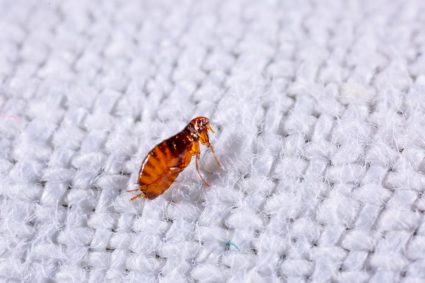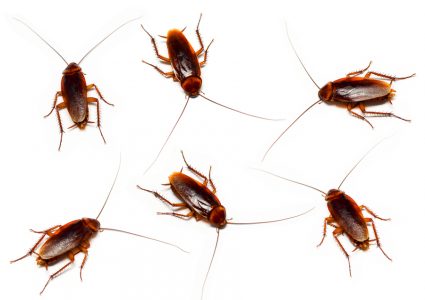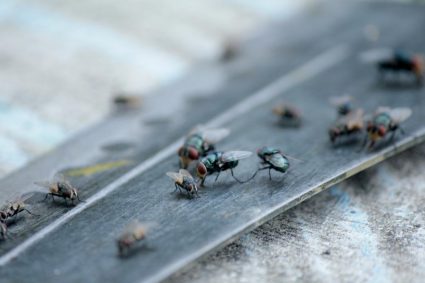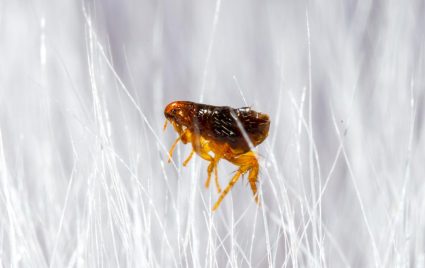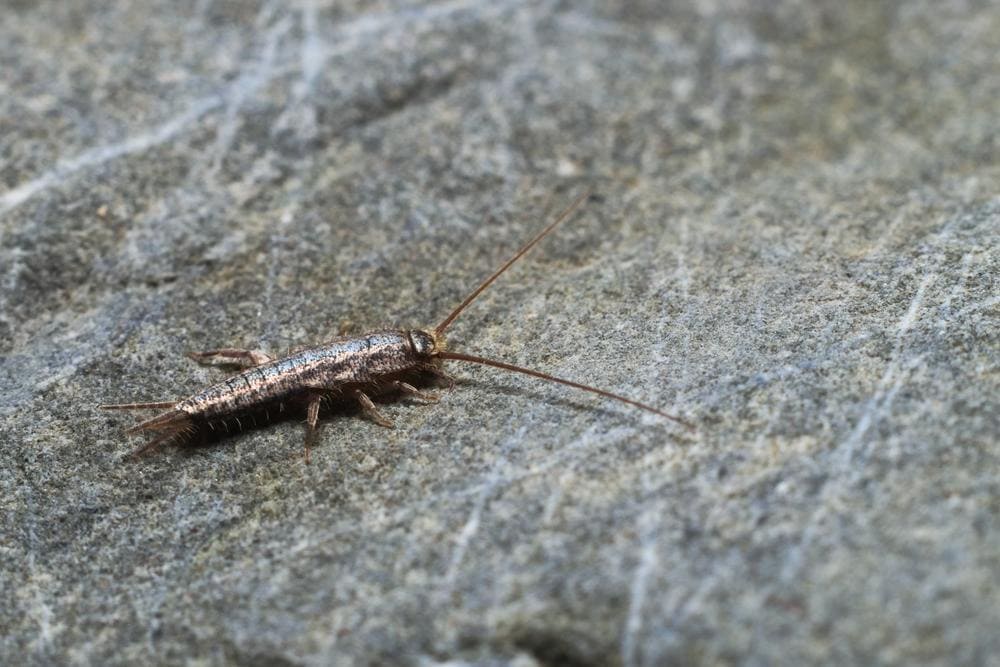
Silverfish are small, wingless insects that are known to cause damage to household items. They feed on starchy materials and thrive in humid environments. A common question that homeowners often ask is, “Does bug spray kill silverfish?” In this comprehensive article, we will explore the answer to this question, delve into the nature of silverfish, examine the effectiveness of various bug sprays, and discuss alternative methods of silverfish control.
Yes, bug sprays can kill silverfish, but their effectiveness depends on the specific ingredients they contain. Sprays containing synergized pyrethrin and pyrethroids such as bifenthrin, cyfluthrin, tetramethrin, and phenothrin are typically effective. However, it’s important to read the product’s label to ensure it’s designed to kill silverfish. Also, consider the potential risks and drawbacks associated with using bug sprays, such as harm to humans, pets, and the environment.
Understanding Silverfish
Silverfish (Lepisma saccharina) are typically between 13-25 mm in length and are characterized by their silvery appearance and fish-like movements. They are nocturnal insects that prefer damp, cool places like basements, bathrooms, attics, and closets. They feed on materials containing high percentages of starch, such as bookbindings, wallpaper, and fabrics, and can cause significant damage to these items.
While silverfish do not bite or spread diseases, they can trigger allergic reactions in some people. Their presence can lead to property damage, making it essential to control and prevent silverfish infestations.
The Effectiveness of Bug Spray Against Silverfish
Common bug sprays can be effective in killing silverfish, but their efficacy depends on the specific ingredients they contain. Household sprays containing synergized pyrethrin and pyrethroids such as bifenthrin, cyfluthrin, tetramethrin, and phenothrin can kill silverfish on contact and provide some residual activity.
However, not all insecticides are effective against silverfish. It is important to read the manufacturer’s specifications and instructions carefully before using any insecticides to ensure their effectiveness against silverfish and to apply them safely.
Risks and Drawbacks of Using Bug Sprays
While bug sprays can be effective against silverfish, they also come with potential risks and drawbacks. Some of these include:
- Ineffectiveness against silverfish
- Harm to humans and pets if ingested or inhaled
- Negative impact on the environment and non-target species
- Potential to cause insects to scatter and move deeper into walls, crevices, and other hard-to-reach areas
Alternative Methods to Control Silverfish
In addition to bug sprays, there are several other methods that can be used to control or eradicate silverfish. These include natural methods such as reducing humidity, sealing food, regular cleaning, using traps, and natural repellents. Chemical methods include using insecticide dusts, liquid insecticides, and baits.
Natural Prevention of Silverfish Infestations
There are also natural ways to prevent silverfish infestations. These include using cinnamon sticks, citrus fruits, cucumber peelings, salt, cedar or cedar oil, dried bay leaves, essential oils, cloves, diatomaceous earth (DE), and maintaining cleanliness.
In conclusion, while bug sprays can kill silverfish, their effectiveness varies, and they come with potential risks and drawbacks. It is essential to use targeted and appropriate methods for controlling silverfish infestations, which may include a combination of bug sprays, natural methods, and chemical treatments. Always follow product label instructions and consider consulting a professional pest control service if the infestation is severe.
Frequently Asked Questions
How do I identify a silverfish infestation?
Silverfish are nocturnal and secretive, so they are not always easy to spot. Signs of an infestation include seeing the insects themselves, finding their pepper-like feces, or noticing damage to books, wallpapers, or fabrics.
How long do silverfish live?
Silverfish are known for their longevity. They can live from 2 to 8 years, depending on environmental conditions and food availability.
Can silverfish infestations spread rapidly?
Yes, silverfish can multiply quickly in the right conditions. They lay eggs almost daily and can survive in various climates, making control and prevention crucial.
Are there specific bug sprays made for silverfish?
Yes, there are specific bug sprays available in the market that are formulated to kill silverfish. Always read the product label to ensure its effectiveness against silverfish.
How does reducing humidity help in controlling silverfish?
Silverfish thrive in damp, humid conditions. By reducing the humidity in your home, you create an environment that is less attractive to them. This can be accomplished by using dehumidifiers or fans, fixing leaks, and properly ventilating bathrooms and kitchens.
Are silverfish harmful to humans or pets?
While silverfish do not bite or transmit diseases, they can trigger allergic reactions in some individuals. They are not known to be harmful to pets. However, the insecticides used to control them can be harmful if ingested or inhaled by humans or pets.

